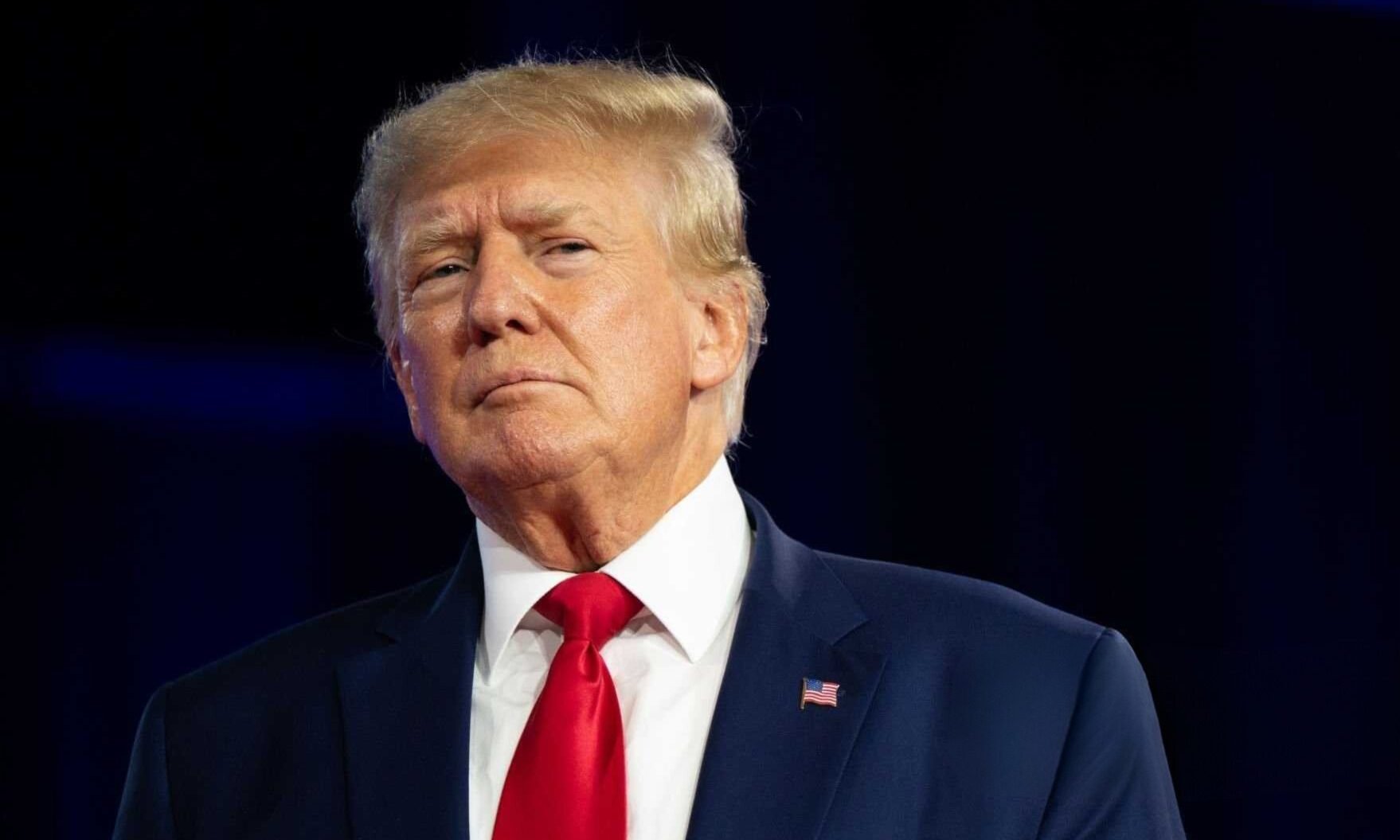Former President Donald Trump has signed an executive order aimed at restricting transgender women and girls from participating in sports designated for cisgender females. The order blocks federal funding for schools that allow transgender athletes to compete on women’s sports teams and mandates that the Department of Justice take legal action against institutions permitting such participation.
The executive order also outlines a plan to convene representatives from major athletic organizations and governing bodies to create guidelines that would prevent transgender women from competing in women’s sports. Additionally, the order threatens to bar cisgender American athletes from international sports competitions if those events permit transgender athletes to compete alongside cisgender athletes.
The move continues Trump’s track record of opposing transgender rights, especially in the realm of education and athletics. The order argues that transgender women competing in women’s sports is “demeaning, unfair, and dangerous,” and claims it deprives cisgender women of fair opportunities to compete. It also states that transgender female participation in female sports is a violation of women’s dignity, safety, and privacy.
The order underscores that “the President’s interpretation of the law governs,” citing the desire to protect the integrity of women’s sports. The policy argues that the inclusion of trans women in female athletic spaces results in the “endangerment, humiliation, and silencing” of cisgender women and girls. It continues, “It shall also be the policy of the United States to oppose male competitive participation in women’s sports more broadly, as a matter of safety, fairness, dignity, and truth.”
This directive marks the latest development in the ongoing debate over transgender rights in sports, which has divided lawmakers and advocacy groups. Trump’s executive order takes direct aim at policies implemented during the administration of President Joe Biden, which took a more inclusive stance on transgender rights. Under Biden, Title IX, the landmark civil rights law prohibiting sex-based discrimination in education, was interpreted to protect transgender students from discrimination.
In contrast, Trump’s order attempts to reinterpret Title IX in a manner that would deny the existence of transgender people in female athletics. Trump’s position directly opposes the previous administration’s understanding of the law, effectively reversing protections that had been extended to transgender individuals.
Despite the Biden administration’s inclusive stance, there have been no federal guidelines issued to regulate transgender participation in sports at the K-12 or collegiate levels. In April 2023, the Biden administration proposed a rule allowing schools to limit the participation of transgender athletes, while ensuring that outright bans would be prohibited. However, this proposal was rescinded in December 2024, with the administration stating that the issue was legally complex and too contentious to pursue further.
Trump’s new order directs the U.S. Department of Education and the Department of Justice to take punitive actions against schools that violate the directive, including the possibility of lawsuits or the withholding of federal funds. The order also targets educational institutions that permit transgender athletes to compete in women’s sports, and further mandates that any such policies be revoked.
Furthermore, the order calls for a meeting of major athletic organizations within 60 days, urging them to adopt anti-transgender policies, particularly regarding transgender women’s participation in female sports categories. The order also requests that state attorneys general develop best practices for ensuring “equal opportunities” for women in sports, with a focus on the alleged harm caused by the inclusion of transgender athletes.
Trump’s directive also addresses international athletics, asking the U.S. government to encourage other nations to adopt anti-transgender policies and pressuring the International Olympic Committee to ban transgender athletes from competing in future Olympic Games.
In comments made prior to signing the order, Trump claimed that the executive action would prevent “men” from “beating up, injuring, and cheating our women and our girls.” He cited unverified claims that transgender athletes had accumulated over 3,500 victories in women’s competitions, though he provided no evidence to support this assertion. He also mentioned a purported incident where a “male boxer” allegedly “stole” a women’s gold medal during the Paris Olympics, a claim that has been debunked as a misunderstanding of a cisgender athlete’s participation.
Trump’s order has been met with strong opposition from LGBTQ+ advocacy organizations, with Human Rights Campaign President Kelley Robinson criticizing the move. Robinson said that the order risks exposing young transgender athletes to harassment and discrimination. She added that the order would create divisive and harmful policies at a time when the country is facing pressing issues in education and society.
In a separate statement, GLAAD denounced the order as “inaccurate” and “incoherent,” emphasizing that all women and girls, including transgender women, should have the right to participate in sports. GLAAD further noted that the order does not change the law or the facts, reinforcing the belief that transgender athletes should be free from legal and political attacks.
As of now, 27 states have enacted laws banning transgender athletes from participating in girls’ and women’s sports. These policies affect not only K-12 students but also extend to collegiate teams and co-ed recreational leagues. The restrictions have led to instances of “trans-vestigation,” where cisgender athletes are questioned or scrutinized due to their perceived gender identity, further fueling the debate over fairness and inclusion in sports.
Trump’s executive order represents a major escalation in the ongoing battle over transgender rights in the U.S. The decision is expected to further polarize the debate, as both sides continue to advocate for their positions on how to define fairness and inclusion in competitive athletics.







